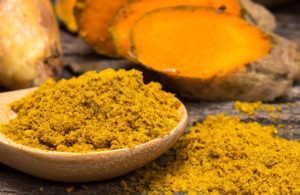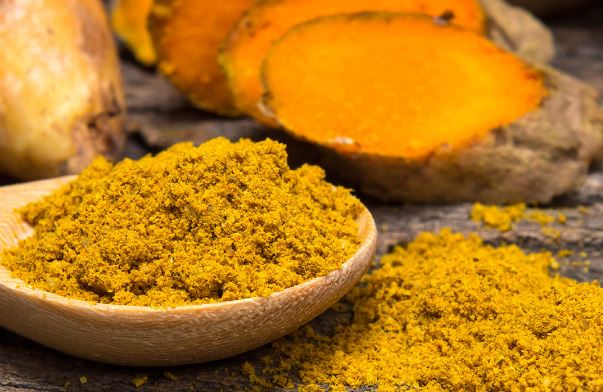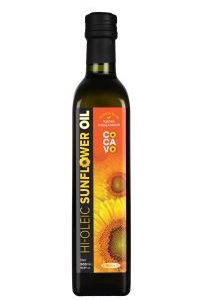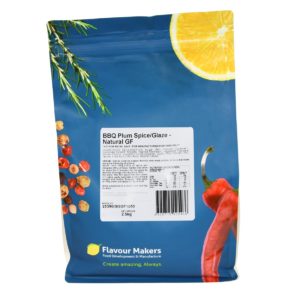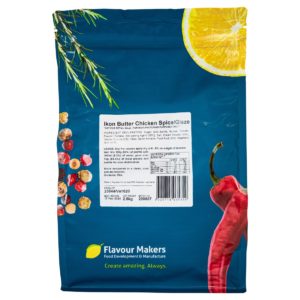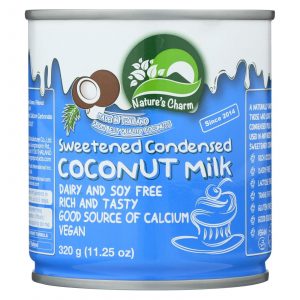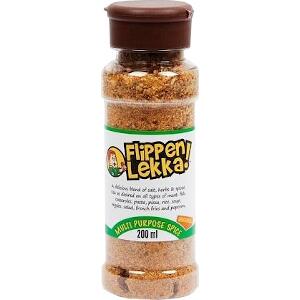The super-spice of life
Curcumin is a natural substance found in turmeric (Curcuma longa), a plant in the ginger family with a long history of use as both a medicinal herb and a culinary spice. It’s the primary ingredient in curries, especially Indian and Pakistani varieties, and is a popular ingredient in Asian cuisine. Its warm and vibrant yellow-orange hue is used to color a variety of foods, including mustard.
Turmeric possesses a number of natural substances including curcumin, a curcuminoid that, along with the other curcuminoids demethoxycurcumin and bisdemethoxycurcumin, gives this popular spice its characteristic yellow color.
Modern research has shown that curcumin, considered the most active of the three curcuminoids in turmeric, is a powerful free radical scavenger/neutralizer.* It also supports a balanced immune system, a balanced response to environmental stressors, and possesses neuroprotective attributes.*
Curcumin has been revered in traditional Asian herbal systems for hundreds of years, but its modern use as a nutritional supplement has been hindered by its typically poor absorption and bioavailability.
Piperine Enhances the absorption of Curcumin
However, adding black pepper can help. Research supports that combining the piperine in black pepper with the curcumin in turmeric enhances curcumin absorption by up to 2,000%
TAKE HOME
- Turmeric and black pepper each have health benefits, due to the compounds curcumin and piperine.
- As piperine enhances curcumin absorption in the body by up to 2,000%, combining the spices magnifies their effects.
- They may reduce inflammation and improve digestion, particularly in supplement form.
- If you’re looking to fully enjoy the advantages of turmeric and black pepper, consider mixing these spices for best results.
